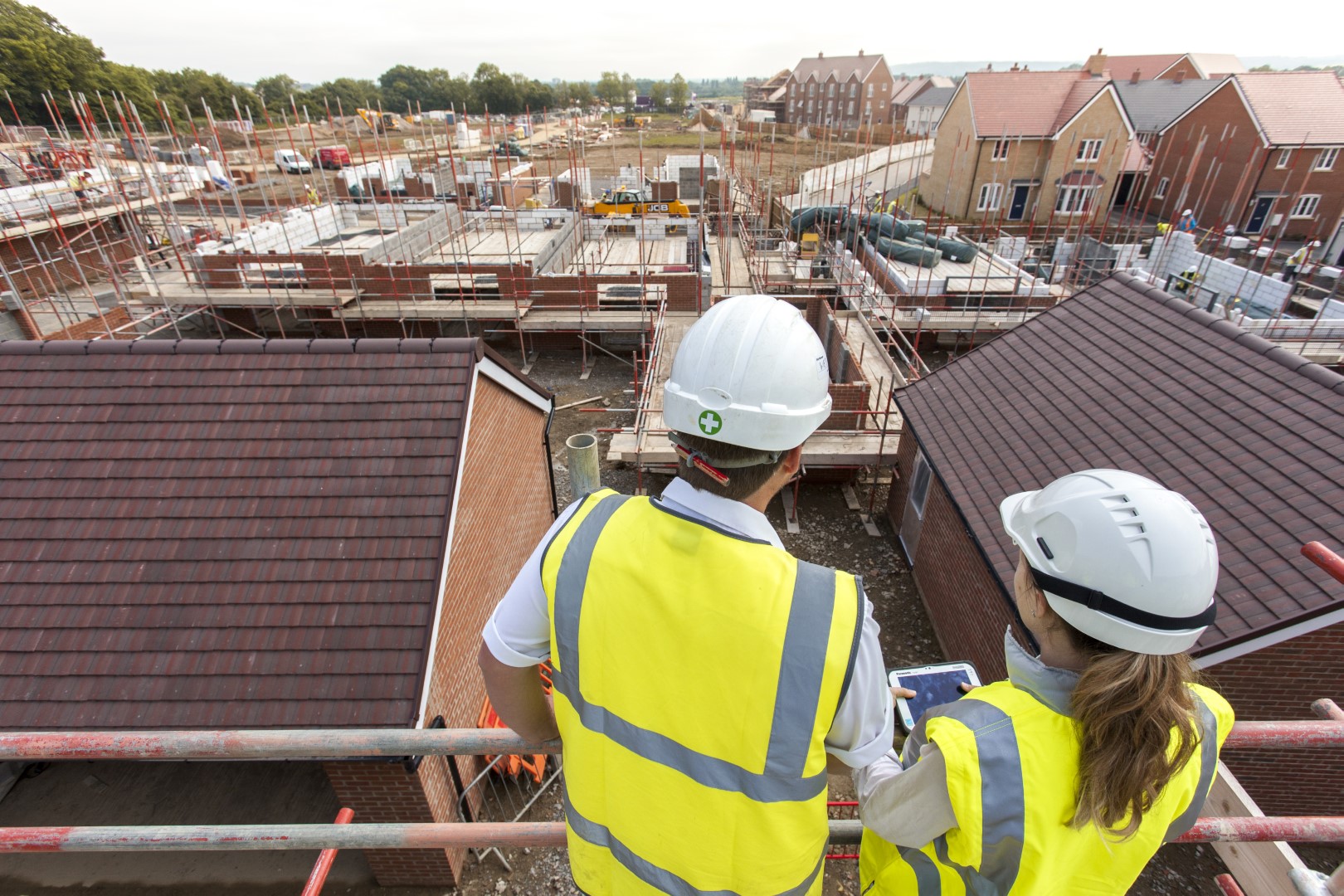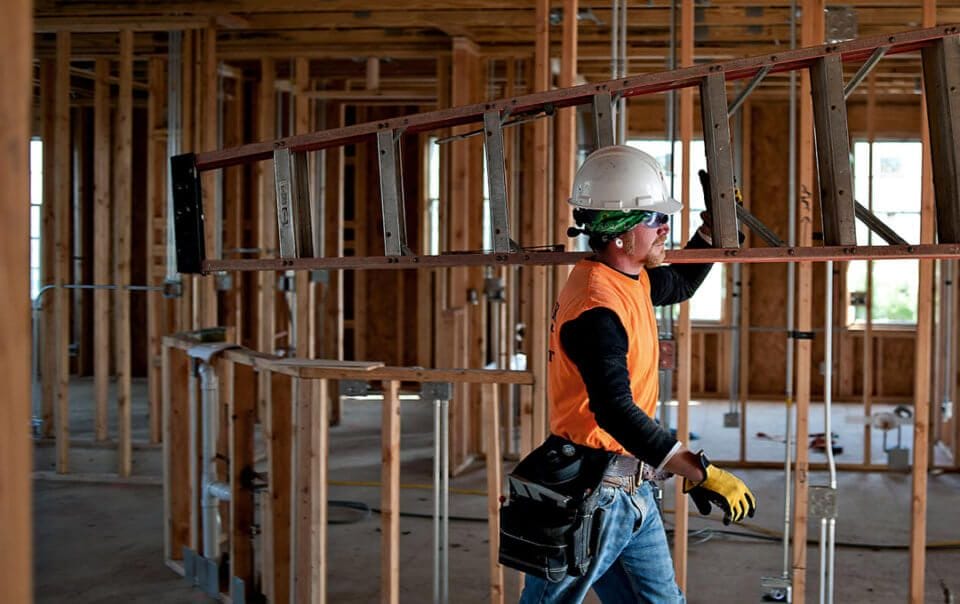When hiring a builder for your next home renovation or construction project, reading customer reviews is crucial to making an informed decision. This article explains how to provide useful feedback that benefits both the builder and their future customers. Credit: National House Building Council When writing a review for a builder, be specific about the work completed, quality, timeliness, communication, and overall satisfaction. Mention any problems that were solved well. Keep the review brief, honest, and focused on their performance. This helps inform others and holds the builder accountable. Providing detailed yet fair feedback is crucial for writing a constructive review for a builder. We believe focusing on facts rather than emotions, highlighting pros and cons, and considering their overall service helps hold them accountable and informs potential customers. Reviews should aim to acknowledge good work while advising others objectively. Writing a review for a builder you’ve worked with helps hold them accountable and adds to their reputation. Here’s how to make your review helpful: Providing a review allows you to acknowledge good work while helping guide others in deciding whether to hire that builder in the future. Your feedback – positive or negative – makes their service record more transparent. With these tips in mind, you can write reviews that give an accurate and fair assessment of your experience. Honest yet constructive reviews are appreciated both by builders and their prospective customers looking for the right fit. Credit: Urbanist Architecture When writing a review for a builder, focus on details that give future customers insight into what it’s like to work with them. Here are some things to touch on: Providing balanced, thoughtful feedback helps future customers make an informed choice. Your builder review has real influence, so focus on giving an accurate portrayal. When writing your review, here are some tips to ensure it is honest and helpful: Writing your builder review thoughtfully, backed with evidence, lends it credibility. Your constructive feedback helps the company improve and informs future customers. When reviewing a builder, good examples provide balanced and thoughtful assessments, while bad reviews lack details or seem exaggerated. A good review might say: “ABC Builders did a great job renovating my kitchen. They completed the work on schedule and kept me updated throughout the project. I’m very happy with the finished result – the new layout is efficient and looks modern and stylish. The only area for improvement was cleanup – they left some minor debris behind after finishing. Overall, I would recommend ABC for kitchen remodels based on their skilled work and professionalism.” A bad review might say: “ABC Builders are the worst! My kitchen renovation was a nightmare. They took forever to finish and left my house a mess. Do not hire these people!” The first review provides balanced feedback with specific details and examples to back up the assessments. The second review contains only vague criticisms without details to put them in context. Over-the-top language like “worst” and “nightmare” also undermines the review’s credibility. Aim for reviews that are constructive, fair, detailed, and focused on facts rather than exaggerations. This helps give an accurate portrayal that other customers can trust. When you’ve written a review of your builder, posting it in the right places can help others make informed decisions. Good options to consider include: Wherever you post, focus on being constructive. Avoid ranting or making unfounded claims. Include details like the scope of your project and what went well or could be improved. Getting your review out there provides helpful insights for others considering which builder to hire for their next home improvement project. Consider providing an overall rating out of 5 or 10 stars to summarise your experience. This helps future customers quickly gauge your satisfaction level. Ensure your rating reflects your comprehensive experience with the builder, from initial contact to project completion. Be detailed, honest, and fair. Mention the pros and cons. Talk about your overall experience and whether you would recommend them. Focus on facts rather than emotions. Aim for a balanced perspective by highlighting both strengths and areas for improvement. Avoid emotional language or exaggerated claims. Your review should offer a factual portrayal of your experience, helping others make informed decisions without bias. Consider posting your review on reputable review sites like Trustpilot or Checkatrade, on social media platforms such as Twitter or LinkedIn, directly on the builder’s website or Google My Business listing, and on relevant home improvement forums. Choosing the right platforms ensures your review reaches a wide audience seeking reliable feedback. When providing feedback for a builder, focus on specifics like work quality, timeliness, communication, and your overall experience. Mention any issues that were resolved. Keep reviews concise, honest, and fair. Reviews help inform potential customers and acknowledge good work. Providing constructive feedback is key to writing a good review for a builder.
How to Write a Good Review for a Builder?

Key Points
Our Opinion
How to Structure Your Builder Review
What to Include in Your Builder Review

Tips When Writing a Review
FAQ
How should I rate my builder in my review?
How do you write a good review for a business?
How can I ensure my builder review is fair and balanced?
Where should I post my builder review for maximum impact?
Conclusion
